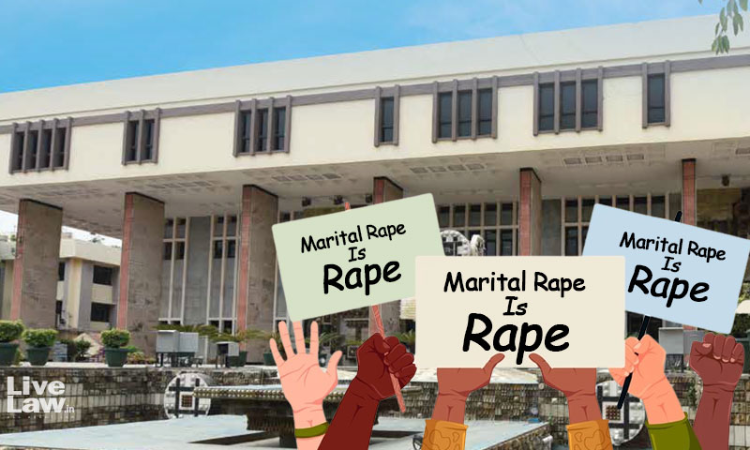The Delhi High Court on Friday continued hearing a batch of petitions challenging the exception to Section 375 of the Indian Penal Code, which exempts forceful sexual intercourse by a man with his own wife from the offence of rape.Advocate J Sai Deepak representing Men Welfare Trust today concluded the rejoinder submissions opposing the criminalisation of marital rape before a bench of...

